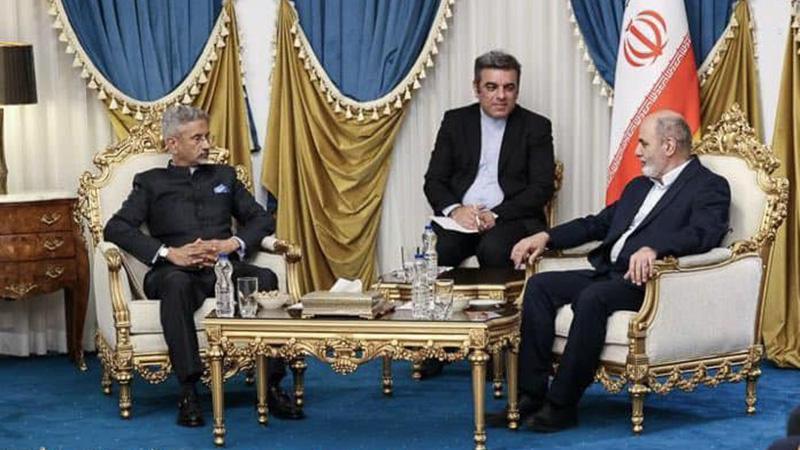India’s External Affairs Minister S Jaishankar announced that the Indian Government has decided to include Farsi (Persian) as one of the nine classical languages in India under the New Education Policy.
“The government of India has decided to include Farsi as one of the nine classical languages of India in our New Education Policy,” said Jaishankar, who is on a two-day visit to Iran. He made the remarks during a joint press conference with his Iranian counterpart, H Amir-Abdollahian on January 15. Jaishankar is in Iran as part of the ongoing high-level exchanges between the two sides.
The recognition reflects a commitment to fostering greater understanding and appreciation of Farsi’s rich heritage within the Indian educational framework. Tamil was the first language in India to be accorded classical language status in 2004. Sanskrit, Kannada, Malayalam, and Odia are the other languages that have been declared classical languages in India by the central government.
“In addition to these classical languages Pali, Persian, and Prakrit, and their works of literature too must be preserved for their richness and for the pleasure and enrichment of posterity,” according to India’s National Education Policy-2020.
S Jaishankar and Amir-Abdollahian delved into the political and economic aspects of their bilateral relations, emphasising the multifaceted nature of the diplomatic engagement. The ministers recognised the strength of people-to-people contacts and the profound cultural, literary, and linguistic ties that unite the two nations.
“Our people-to-people contacts have long been a strength. Iran and India are united by our deep cultural, literary, and linguistic ties, which create a unique foundation for increasing exchanges of tourists, students, artists, athletes, and scholars. We discussed how we can better link our cultural and educational institutions,” said Jaishankar, underscoring the potential for enhanced cooperation in various fields.
Addressing regional connectivity, Jaishankar reiterated India’s interest in leveraging Iran’s strategic geographical position to access markets in Central Asia, Afghanistan, and Eurasia. The ministers explored opportunities to strengthen economic ties and enhance regional connectivity for mutual benefit.
Jaishankar expressed satisfaction with the comprehensive nature of the discussions, emphasising the frequent high-level interactions between the two countries. He also met Iran’s Minister of Roads and Urban Development on Monday and discussed establishing a “long-term cooperation framework” for Chabahar Port, a strategic maritime facility situated on the southeastern coast of Iran.


Leave a Reply